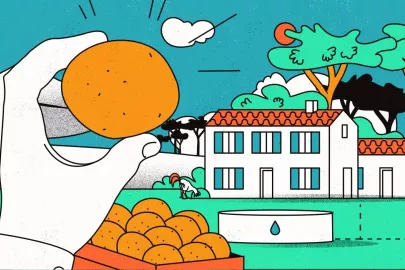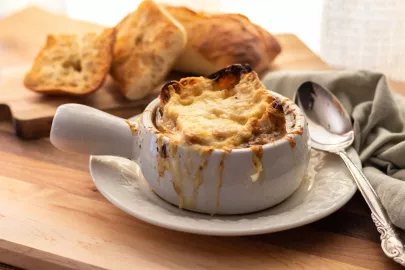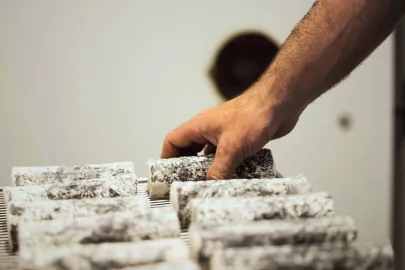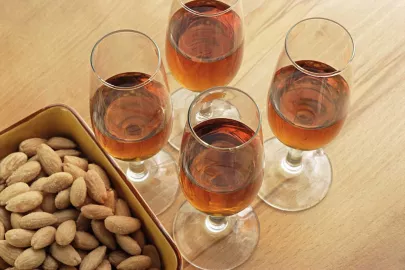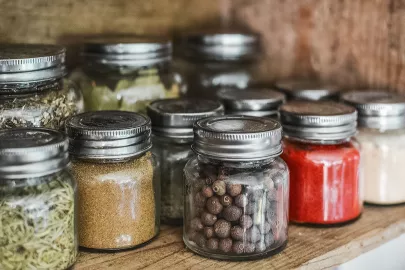More and more French bakers are choosing naturally leavened bread baked with organic flours made from ancient grains. And for good reason, since the texture and flavor are unbeatable. Let's get back to good bread!
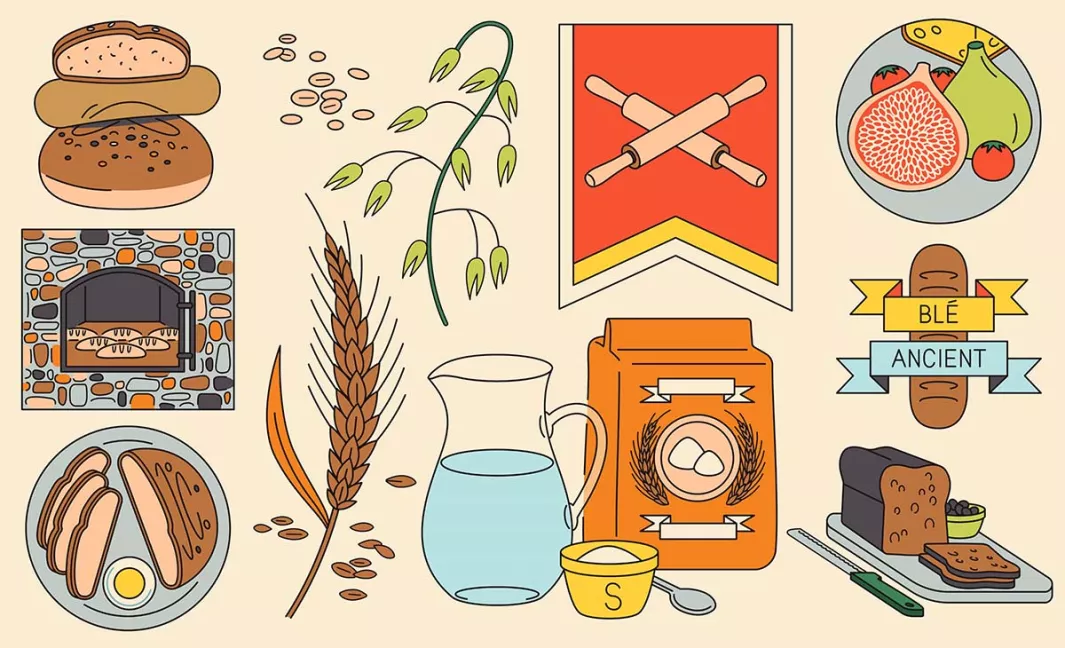
Last week, I tasted my first loaf made by Henri de Pazzis, a farmer, miller, and baker in Saint-Rémy-de-Provence in southern France. An airy bread with a lightly browned, wood-fired crust and above all, an intoxicating smell, plus a perfect balance between the acidity of the natural yeast and the sweet notes of ancient grains! This loaf had what it takes to reacquaint everyone with French bread making know-how, which has lost its way in recent years. A short shelf-life, concerns about gluten, sometimes difficult to digest: no wonder some consumers fell out with bread! Part of the problem is the addition of unnecessary products (chemical leavening agents, additives…) during the production process. Let's not forget that bread consists essentially of three ingredients - water, salt and flour – which when combined correctly, should produce a digestible, nourishing loaf.
There's no secret to it. First, you need very high-quality flour. "I buy organic flours made with ancient wheat varieties, from millers who grow their own grain, like Michel Carole Patin (Pyrenees) or Jean-Christophe Chassaigne (Gers)", explains Maxime Bussy, owner of the "living bread" bakery Le Bricheton, in Paris. Henri de Pazzis grows Touzelle de Nîmes, Barbu du Roussillon and other ancient grains in his own fields in Provence. Next, comes the fermentation process. This plays a crucial role in bread making, as when done properly, it allows the gluten to be predigested. That requires two things: natural yeast - a mixture of flour and water which has fermented naturally - and patience. "My bread contains 35 to 40% natural yeast. I refuse to add any yeast which is not present naturally in the bread. The problem is that most of the people who do add yeast, do so to reduce the fermentation time. My bread proves for six hours but the yeast that I add has fermented for 15 hours!" And that's not all. Yeast also gives bread a longer shelf life, judging from Henri de Pazzis' loaf, which has lost none of its appeal after a week.
Best of all, this return to favor of a digestible, nourishing product extends well beyond French borders! In London, the bakery E5 Bakehouse only bakes naturally leavened loaves and uses locally sourced, organic flours, most of which come from ancient wheat varieties. The same goes for San Francisco's Tartine, an exponent of natural yeast on the west coast, which has expanded all the way to Seoul.
Contributor

Editor




